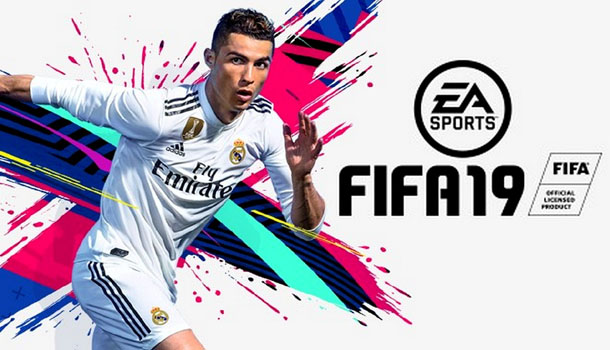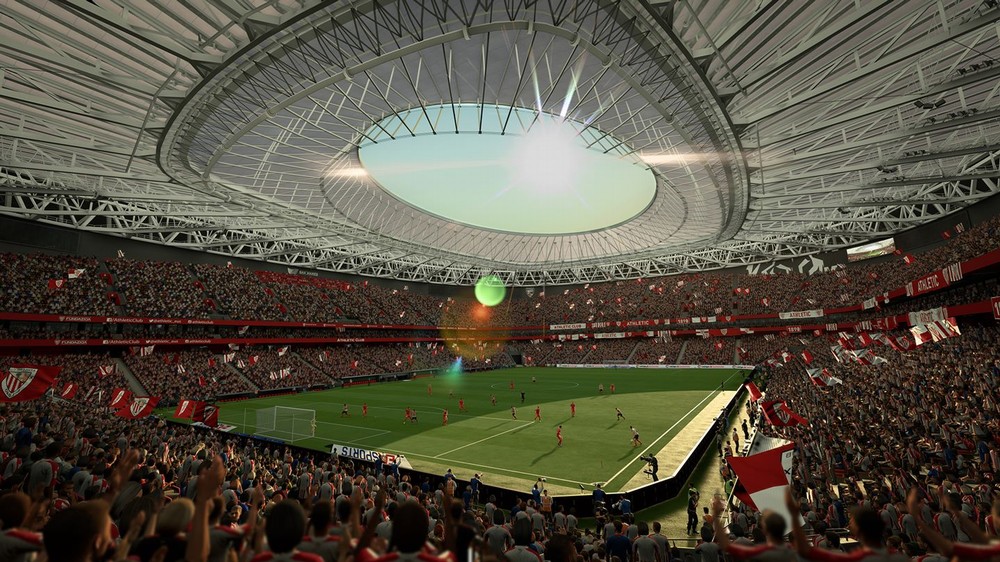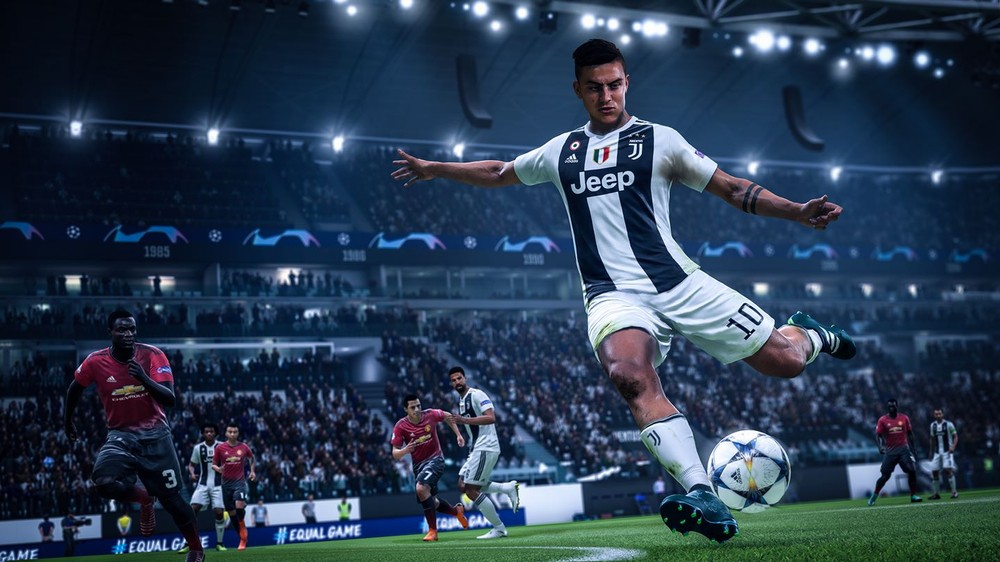There are a lot of gamers for whom just one or two games a year is enough to keep them occupied and glued to their consoles. The EA Sports pantheon of FIFA, NHL and Madden are good examples of these, but you’ve also got shooters such as Fortnite or the Call of Duty series. I have a much shorter attention span when it comes to playing games, and I enjoy mixing my genres, but the FIFA games are a great example of a title that stays in steady rotation, and I’m never too far away from booting it up for a game or two. The main reason for this is that I love football/soccer, but EA also do a good job of keeping the experience feeling fresh, particularly in the Ultimate Team mode, with a steady stream of new content and challenges to overcome.
The FIFA cycle lasts from September to August, coming pretty close to matching the passage of European football seasons, and each new iteration often falls into one of two categories. You’re either going to have a FIFA with a bunch of new modes and off-pitch changes, or you’re going to have a FIFA with a different feeling game on the pitch, and a few subtle changes off of it. FIFA 19 falls into the second category, with a remarkably different feeling game of football being joined by a few quality of life changes that make for a different game in minor but exciting ways. Some players and fans might be disappointed in the apparent lack of changes to modes, but once you get your hands on a controller and your players on the pitch, you’ll quickly start to notice that this is a different beast to last year’s game.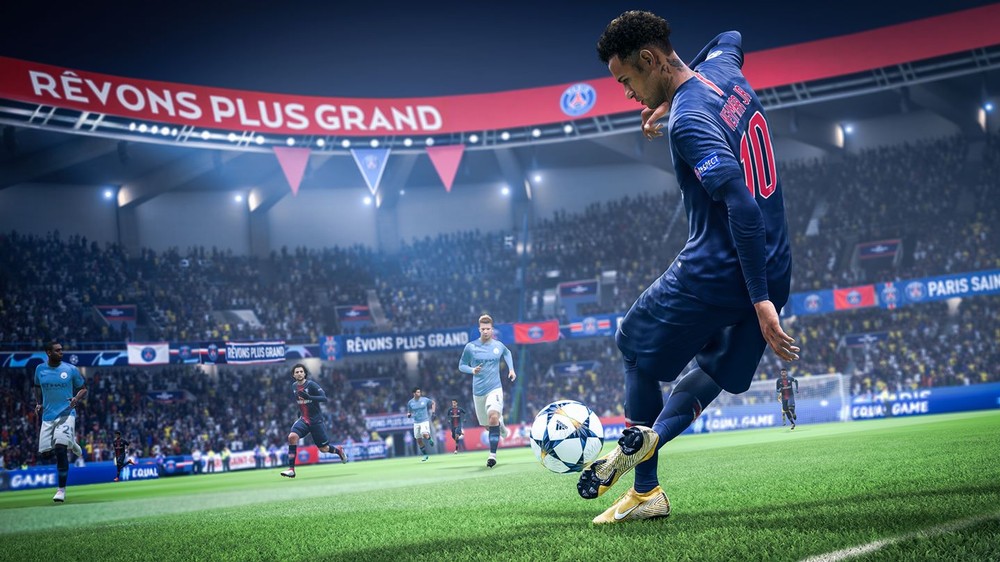
The main marketing push behind FIFA 19 was related to the acquisition of the UEFA Champion’s League license, which also brought the Europa League. Similarly to the World Cup mode in FIFA 18, you can play through the Champion’s League in its own mode, but the competition pervades the entire game experience. It’s front and center in Alex Hunter’s story in The Journey, Ultimate Team has special cards devoted to it, and it can be won in Career Mode. It’s a special feeling to play matches with the Champion’s League theme blaring beforehand, and EA have done a great job of nailing the atmosphere of European games, especially when it comes to the sense of occasion surrounding them.
As just mentioned, The Journey returns, for what is to be the final chapter in Alex Hunter’s story. I’m not sure if The Journey is returning as a mode in the inevitable FIFA 20, but as a send-off for Alex Hunter, this year’s iteration feels like the most polished experience yet. Similar to one of the early Call of Duty games, you’ve got three stories running in parallel, and you’re able to either switch between them at will, or see a single thread through from beginning to end, before moving to another character and working through their year. There are a few narrative inconsistencies, both in terms of things happening in FIFA 18 not being reflected here, and things happening in game that would be questionable in the real world, but overall The Journey this year feels the most cinematic and consistently high quality of the three entries that we’ve had so far. I do feel as though I have to mention just how terrifying some of the character’s teeth are, though, especially in the case of Kim Hunter.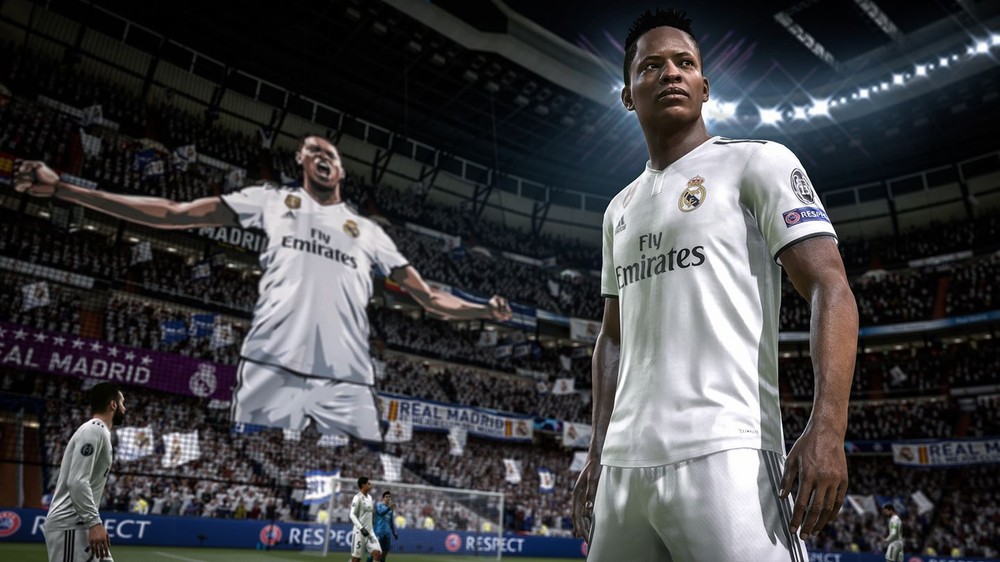
Ultimate Team is where I spend the majority of my time within each year of FIFA, and this year the online portion has seen the biggest and most visible change, with the removal of Online Seasons and the inclusion of a new mode, titled Division Rivals. Instead of taking place over 10-game seasons played at each player’s own pace, each Division Rivals competition runs for a week, with rewards dished out at the end depending on both your division and how well you’ve done compared to other players in the division. The rewards are greater than those possible to be earned through Online Seasons, but it’s also much harder for player to abuse the system, meaning that you’re more consistently being placed against players of a similar skill level, rather than the more scattershot approach that was present previously.
Personally, my favorite change to the Ultimate Team mode comes with a number of quality of life improvements to card management. By the end of each year of FIFA, many players will have thousands of cards in their collection, and will likely have opened hundreds of packs. EA have streamlined the card management process, both in terms of opening packs, and sorting through your collection. Once you’ve opened a pack, you can now assign each card to what can best be described as a stream, where you’re able to designate a status of keep, sell or discard. It’s a much smoother and quicker process than previous years, and will saves players who open a lot of packs a great deal of time over the year. Similarly, searching for cards in your collection in easier than ever. You’re now able to search by how recently a card has been added to your collection, meaning that you don’t have to dig through piles of virtual cards to find that one player you just received. Again, it feels like a small change, but I’ve already noticed a massive difference to the ease to navigating through menus.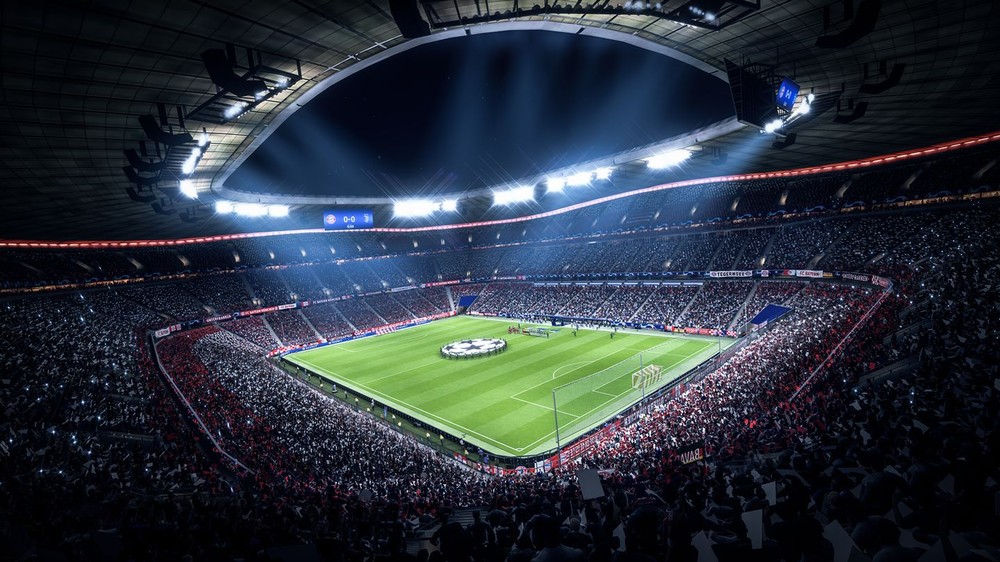
Whenever I have friends over, we’ll typically sit on the couch and play a couple of games against each other while we catch up, and kick-off is often the mode that we’ll go to, selecting random teams and seeing how we get on. This often ends up with us pitting Macclesfield Town against Brazil or something similar, but aside from delving into team rosters and messing things up, there hasn’t been a huge amount of choice when it comes to mixing up the experience. FIFA 19 brings House Rules to the table, with a number of options for modifying the typical football experience. For example, you can make long range goals count as two goals, have players removed from a team when they score a goal, or only headers and volleys being counted. My personal favorite is No Rules, where you’re allowed to foul to your heart’s content, but I can see each of these options providing a lot of laughs and enjoyment throughout the year.
However, all of these various modes and additions would mean nothing if FIFA 19 doesn’t play well on the pitch. It’s all well and good having multiple variations on how to play the game, but if your players feel wrong, or the experience is frustrating, then it’s all for nothing. Thankfully, FIFA 19 feels like the best FIFA footballing experience that I’ve played for a long time. It’s a slower game, with more opportunity for errors, but I’ve noticed during my time with the title that the virtual players feel more real, thanks to a series of new animations and what EA have named the Active Touch System. Players will use more parts of their body to control the ball, and this goes a long way to making each game feel more fluid and dynamic. What’s more, it feels like there’s even more of a skill difference between ‘good’ and ‘bad’ players, and that the rating of a player has more of an influence over how they play on the pitch. 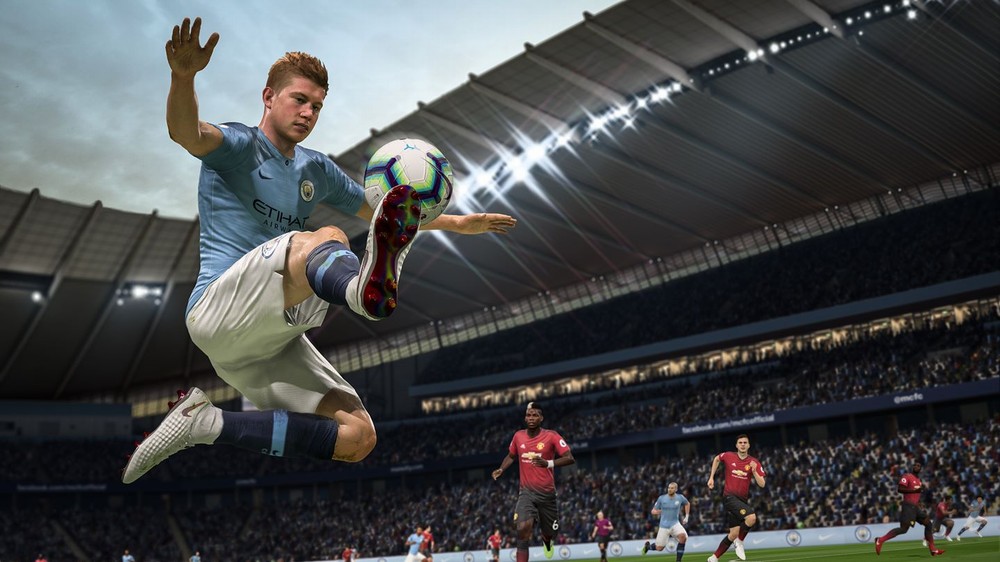
Players with bad passing ratings will miss their target, and similarly, players with strong passing and dribbling, or even high physical attributes feel truly valuable. Pace is still important, as it is in the real world, but it feels as though gamers have more choices and more options to include a variety of players in their teams, and be rewarded for being able to play to their team’s strengths. This is amplified by Dynamic Tactics, where you’re able to set-up instructions for you players pre-game, and switch to them on the fly with a single press of a button while playing. You’re not just dependent on the numbers in the corner of your cards this year, and if you’re comfortable with your team, and play to their strengths, then you’re definitely capable of pulling off more than a few surprises against unsuspecting opponents.
I mentioned in my review for FIFA 18 that it offered the complete package for football fans, with a wide variety of experiences offering something for everyone, and I have to say that FIFA 19 has only improved upon that, especially with the additions to the Kick-Off mode. I also mentioned in last year’s review that the one downside was a lack of change on the pitch, and that has been addressed in FIFA 19 with a game that rewards player skill more than every before. This is a truly special footballing title, and it’s tough to find much to criticize. I already know that FIFA 19 will likely stay in my ‘Recently Played’ list for the majority of the next 12 months, and I anticipate that I will be getting just as much enjoyment out of it at the end of the season as I am now. If you’re even remotely interested in football video games, FIFA 19 comes highly recommended, and if you’re a fan of the series, I’d be surprised if you’re not already working your way to glory.

